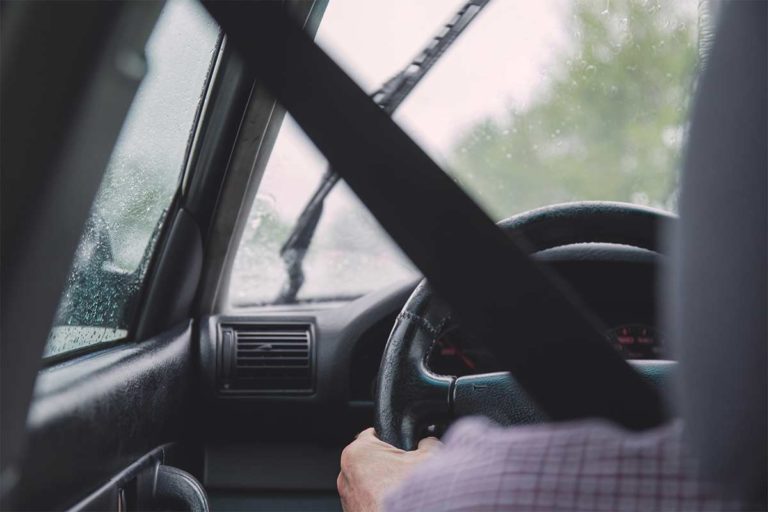I recently met a lady who, throughout the course of our conversation, informed me that her husband had been very badly injured in an accident* at work. I asked her ‘Did he do anything about it?’ She informed me that he had not brought a personal injury action*, as he was not the type of ‘person who claims.’
The lady spoke about bringing a personal injury claim*, as if it was something akin to committing a criminal offence. While speaking to the lady, it occurred to me what a wonderful job insurance companies PR firms had done, in deterring ordinary decent people from obtaining legitimate compensation for injuries* they had sustained because of the negligence of a third party.
The insurance companies’ PR machine is so persuasive, that not only was this man not going to seek compensation, he was also prepared to pay for all the various expenses associated with his injury. This included an operation, which ironically enough, he had to pay for himself, as it was not covered by his health insurance.
Being involved in an accident*, especially one where you have suffered serious personal injury* can be a very traumatic experience. Not only do you have to deal with the associated pain of your injuries, but you also have to deal with the aftermath of an accident* which can be very frustrating, as your injuries can often restrict your general enjoyment of life. This is without even considering the financial consequences of being injured in an accident*. Many people are unable to work because of their injuries, resulting in serious loss of earnings, not to mention the associated medical expenses.
I do not, nor indeed do anyone at Hanahoe and Hanahoe, condone or act for people who attempt to bring false or fictitious claims. However, we see no reason why someone who suffers an injury in an accident*, which is not their fault, should be further penalised, because they are too ashamed to seek compensation. People need to remember that insurance is big business and all insurance companies are concerned about is their bottom line. Shaming people into not seeking appropriate compensation for their injuries increase that bottom line, but it does so at a significant cost to the injured party.
For further information in relation to accidents* or indeed any aspect of personal injury law*, please do not hesitate to contact Hanahoe and Hanahoe solicitors on 045 897784 or at info@hanahoeandhanahoe.com.
This article is merely for information purposes and is not and should not be taken as legal advice. If you have any queries in relation to this or any other aspect of personal injury* law, you should you should contact us. No solicitor/client relationship or duty of care or liability of any nature exists between Hanahoe and Hanahoe solicitors, until you receive written confirmation that we are acting as solicitors on your behalf.
*In contentious business a solicitor may not calculate fees or other charges as a percentage or proportion of any award or settlement.





